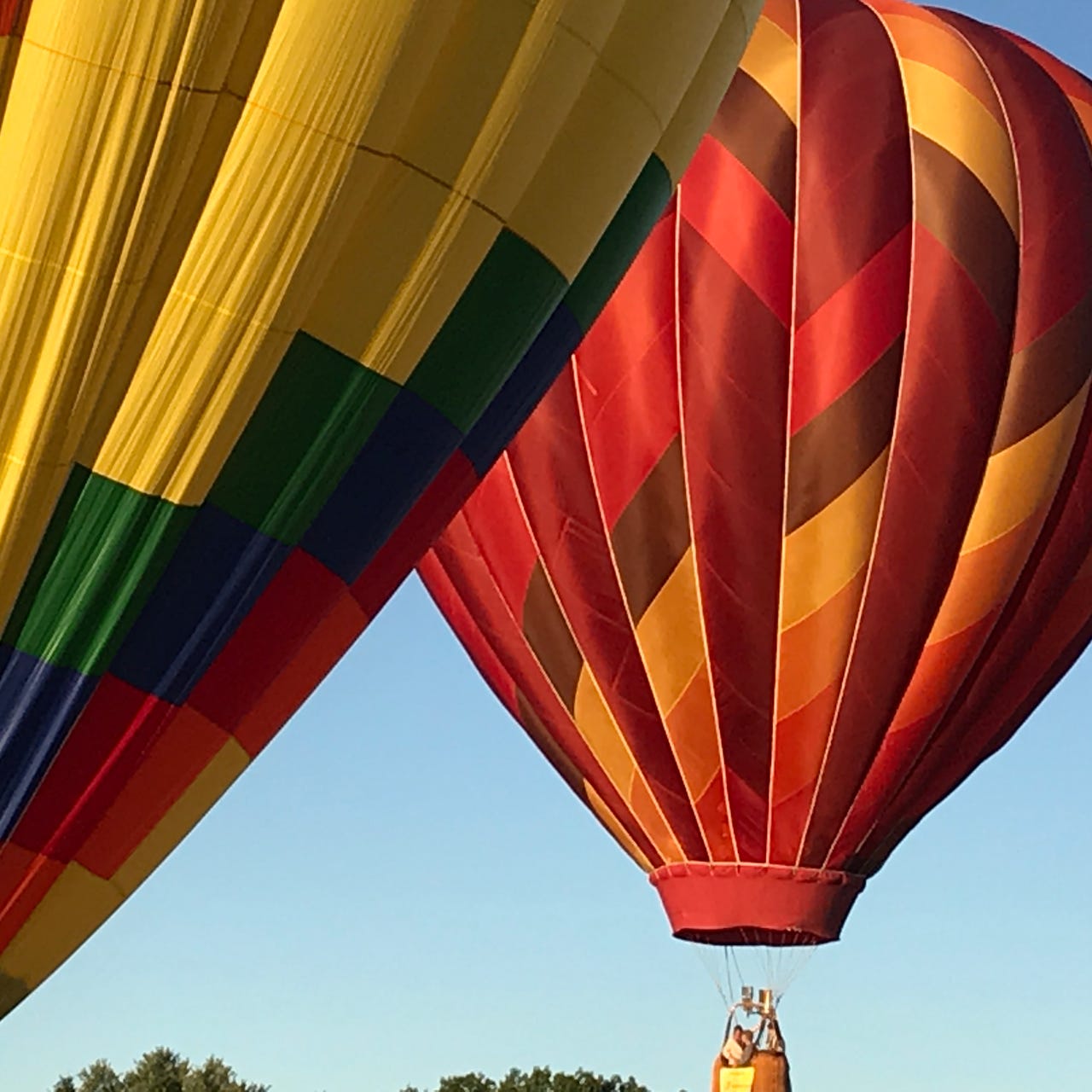Today is a good day for self-reflection. Labor Day past, the August heat petering out, we are well into the Hebrew month of Elul, a time of preparation for the new year. My son and my older grandson will bake a round challah, made on rosh hashanah to remind us of the great turning, the cycles of the sun and moon that go around and around. This year I’ve been reflecting on honesty. What is it, exactly?
For many years, it was my practice to march over to other people’s houses to tell them the error of their ways. One of my friends would say something or behave in a particular way that I found indefensible and after some days of ulcerating about it, I would decide that honesty was the best policy. I would cloak these “I-have-to-talk-to-you” outbursts in the language of communication but, really, I wasn’t all that interested in anyone else’s opinion. I just wanted to offload my own certitude which I believed was unimpeachable and would benefit the other person in the long run. It’s a wonder I still have any friends. I always felt better in the initial days, or maybe hours, after I spoke my mind, but there was a lingering bad taste, like the bile that comes up from a sour stomach.
I suspect that I misperceived the meaning of the word honesty. I didn’t understand that being honest has to begin with an interrogation of myself, since I have a better chance of knowing what’s going on for me than what’s happening for anyone else. Maybe interrogation is too strong a word, carrying as it does the suggestion of a Stasi interview in East Berlin. How about I launch an inquiry into the underlying reasons for my compulsion to speak my mind? Although I always thought I was being terribly brave when I told other people what I thought of them, that leap into the burning building of someone else’s life pales in comparison to the courage it takes to look at myself in the mirror.

What do I find in there after a little windexing? I find a person who, above all else, wants to be heard. Being heard is the blue ribbon prize, the palme d’or, far more important than mere fame and fortune. Once I made this discovery, the specific content of what I wanted to say slipped offstage, while the overarching need for other people to be present to me emerged clearly as the main event. I see this in my closest relationships and in my attempted encounters with various others. If I meet a person at a social event who scans the room for someone better to talk to while we’re ostensibly trying to get to know one another, I lose heart. If the person monologues about herself and doesn’t seem to know anything about asking me “what do you think about that or how has that played out for you?” I despair. If the person’s conversation is primarily about how to avoid traffic and what’s the best way to get over the bridge, I get bored and become impatient. I understand that not everything that I have to say is of value and at this point in my life, I am undoubtedly guilty of repeating myself. I promise I won’t hold it against you if you need to move along. Rest assured I’d rather be alone than play with platitudes. At this point in my life, time is short and small talk is too small. I’m a tough customer and eye contact is my idea of heaven.
Here’s where writing comes in. On Substack I have a captive audience of sorts. Of course, you can delete my essays and vow to avoid them at all costs going forward. But I’m not standing there leaning over the white wine and canapes when you let me know by your body language that you’re not all that interested in what I have to say. There is a layer of insulation that keeps us from bruising each other and this allows me a great freedom to be honest about my experience of late stage humanhood. I can be who I am. I can contradict myself because, God knows I’m not the same person from one day to the next. Some of you comment which is a tremendous gift. Honestly, I don’t need renown. I don’t need attention in the ordinary sense. I need presence and it’s no small awakening this Elul to put that out there. David Whyte wrote in 2018 “Honesty is not found in revealing the truth, but in understanding how deeply afraid of it we are. To become honest is in effect to become fully and robustly incarnated into powerlessness. Honesty allows us to live with not knowing.” Not knowing overwhelms the illusion of certainty every moment of every day the older you get and the closer you come to becoming present to a consciousness much larger than your own. It takes some practice.
Many Voices, will appear on the last Sunday of each month and will feature contributions from the community of paid subscribers. PLEASE CONSIDER UPGRADING to a paid subscription to support seventysomething, have access to the archives, and become a contributor to and a reader of Many Voices. Your ideas are always welcome.
*************************************************************************************************************
Copies of my 2019 essay collection, Twilight Time: Aging in Amazement, are available directly from me (signed) or from Amazon or your local bookseller.
*************************************************************************************************************




Excellent! A lot here to think about.
It does indeed take courage to not know — and to confront the vastness of all we can never know or even approach with any certainty. But being heard is a pretty universal human need. As my wise husband says, "Most of us don't have to have our way, but we do want to have our say."